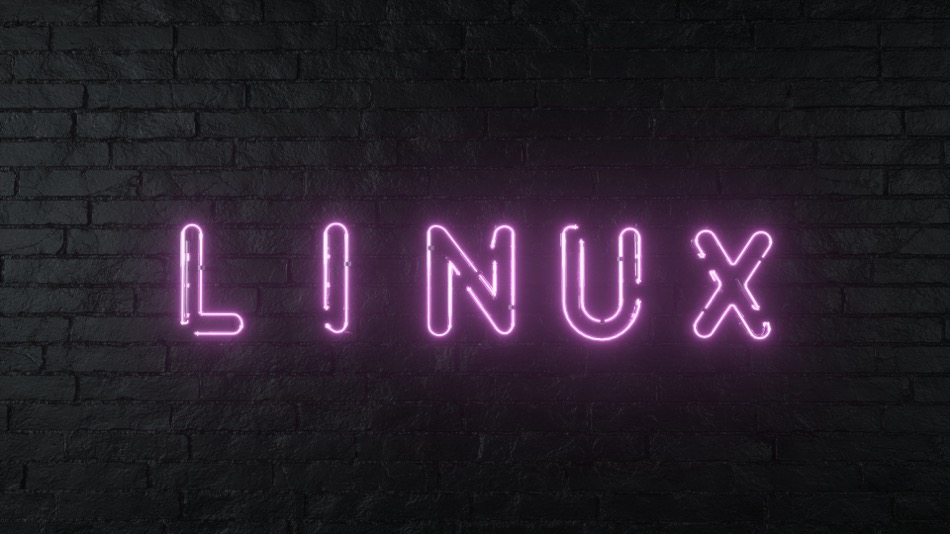
Russia's Ministry of Digital Development (MinTsifry) announced plans to establish an independent Linux development community following the removal of Russian contributors from Linux kernel development.
The Ministry's proposal, aiming to foster collaboration with countries open to working with Russia, follows the controversial decision by Linux maintainers to delist several Russian developers. This action—prompted by compliance requirements amidst heightened sanctions—has stirred concerns about the sustainability of Russia's technological contributions to Linux and the broader impact on open-source communities.
The Ministry's representative described the removal of Russian contributors as “discriminatory,” highlighting that Russian developers play a critical role in Linux-based projects used domestically and internationally.
The Ministry's response focuses on encouraging alliances with nations potentially supportive of Russia's open-source projects. This alternative initiative may result in a Linux “fork”—a separate, Russia-led version of Linux that would adapt to Russia's technological requirements while aiming for autonomy from international open-source governance.
MinTsifry's announcement did not specify which countries could participate in this proposed ecosystem, though China was mentioned as a potential ally with a well-established track record in proprietary OS development.
Russians ousted from Linux
This reaction follows the October 18 update from Linux kernel maintainer Greg Kroah-Hartman, which removed 11 Russian contributors from the official Linux MAINTAINERS list, citing “compliance requirements.” The delisted contributors included those affiliated with Moscow State University (MSU), SberDevices (a division of Sberbank focused on consumer technologies and AI), and Open Mobile Platform (a subsidiary of state-controlled Rostelecom, which oversees the Russian-made Aurora OS).
These developers had maintained several kernel components critical to various Linux applications, including support for Russian hardware and compatibility patches. The official reason for their removal was not detailed, but legal compliance with U.S. and international sanctions was cited as a primary factor.
Linux creator Linus Torvalds defended the decision a couple of days later, acknowledging widespread concerns but affirming that the decision aligned with legal compliance standards, implying that any challenges to the change, whether from private individuals or organized campaigns, would not influence the outcome.
Torvalds highlighted that sanctions affect global stakeholders beyond the U.S., asserting that Linux would not support individuals or entities aligned with Russian interests under current circumstances.
The Russian Ministry's proposal seems justified given the conditions, but native experts in the field expressed doubt it will help gain independence from Western-led IT frameworks. The global Linux kernel community, which is widely distributed and highly collaborative, would maintain control over the core Linux ecosystem, limiting Russia's influence. A separation would further complicate long-term integration with the global Linux ecosystem, so its practical value is doubtful.







Leave a Reply